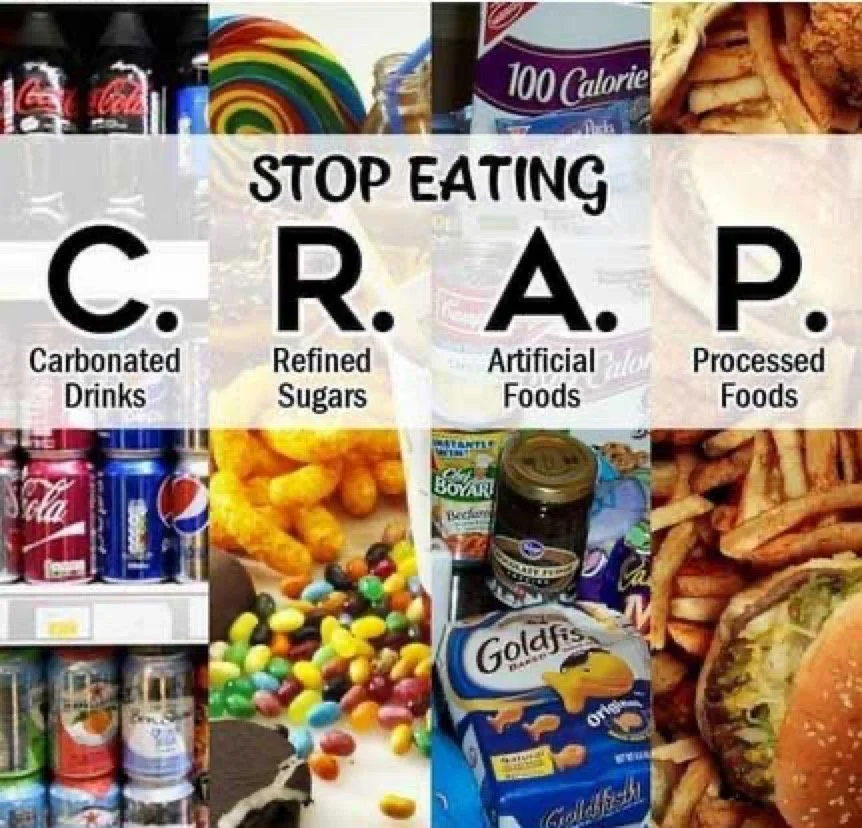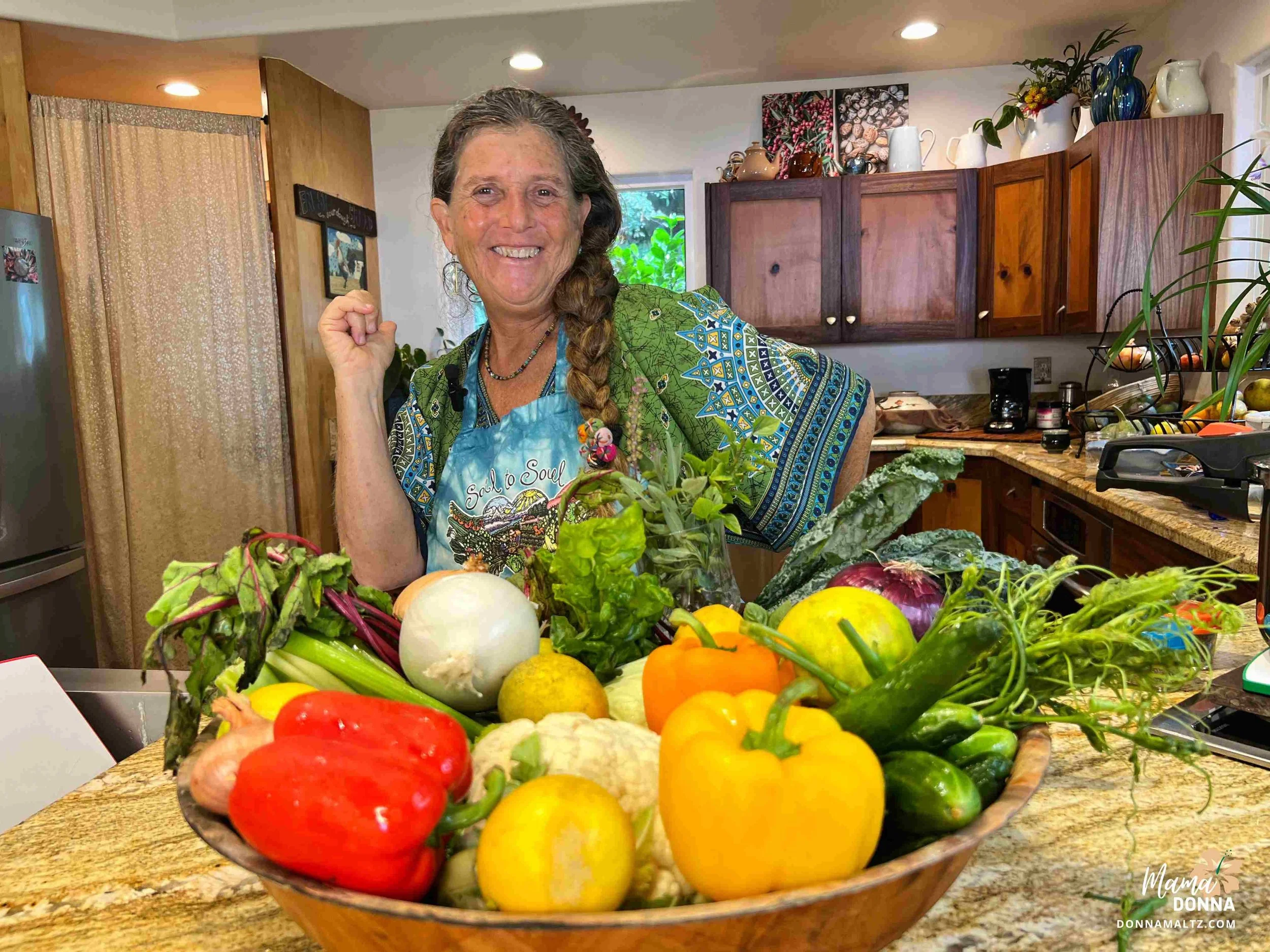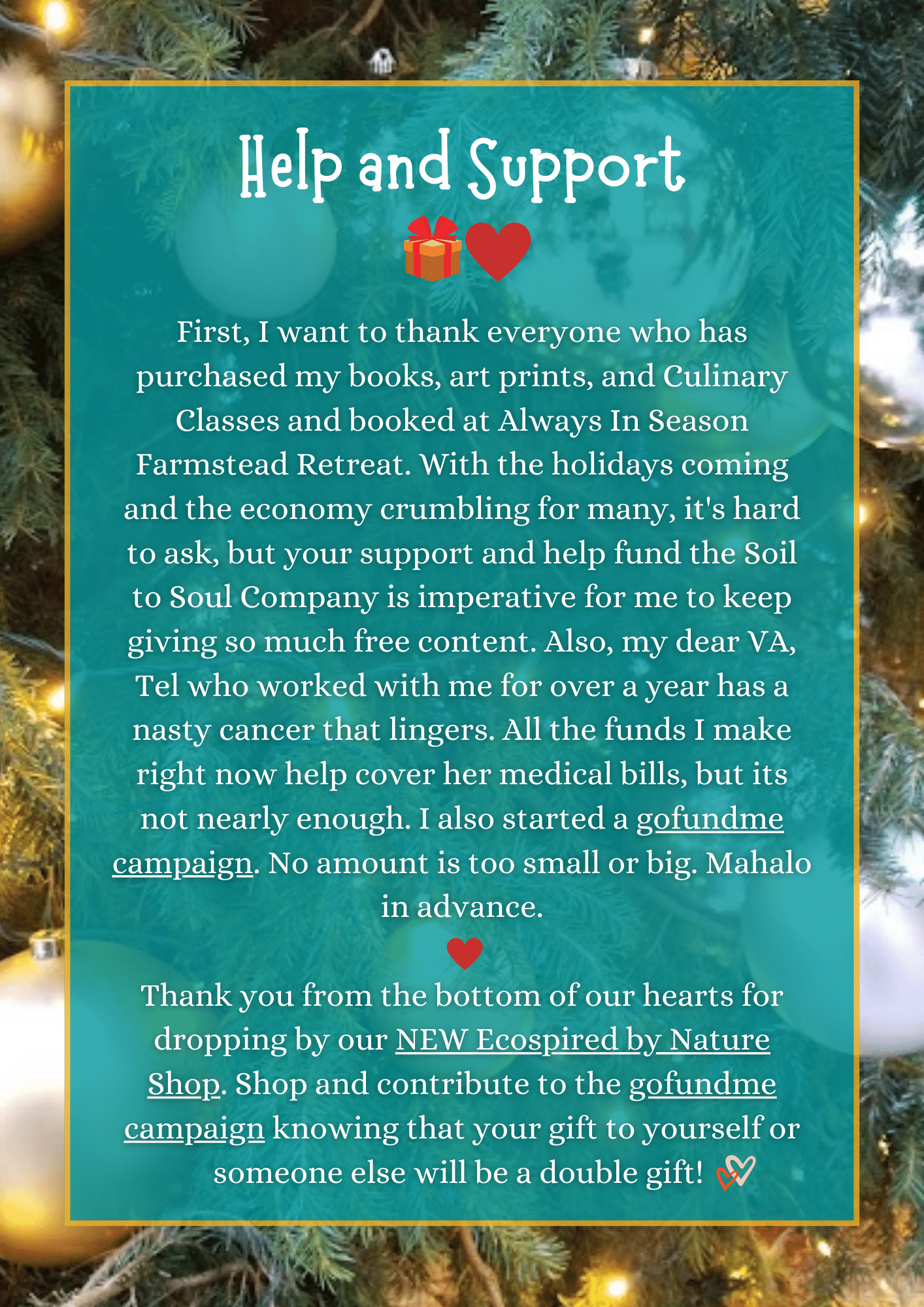Food Addiction Is Real And Devastating
Those of you who know me or have read my book, Living Like the Future Matters ~The Evolution of A Soil to Soul Entrepreneur, realize I had a serious food addiction. For 37 years, I owned and operated a fabulous natural foods bakery/cafe in Homer, Alaska, and had access to organic, obscene brownies, sticky buns, milkshakes, and everything I wanted to eat at my fingertips. I got fat and sick and was ready to give up. I know firsthand how dangerous food addiction is. To get the details, you can download a free chapter of my book, Leading to Addiction.
Plain and simple, we need food to survive, … but over the years, the way our food is grown and processed and what we put in our mouths has become more and more toxic to our health and the planet's health. Food addiction is on the rise! The process of making it supposedly tastier and more convenient is actually making us sick. Children are becoming addicts without having a choice.
Even many so-called natural foods have addictive substances, such as too much sugar, salt, and fillers. Many natural foods brands are now owned by industrial food giants such as General Mills, The Kellogg Company, Campbell Soup Company, and Kraft.
Since the real issue is more related to processed foods, let us get into its harmful effects and why/how it is becoming a widespread epidemic.
The Truth About Foods We Consume Daily
There are chemicals and ingredients used in processed foods that are specifically made to be addicting. A study published by PLOS ONE, a peer-reviewed scientific journal, supports that processed foods high in added fats and foods that contain refined carbohydrates are more likely to lead to food addiction.
The foods that showed the most addictive properties were "pizza, chocolate, ice cream, and French fries," while the least addictive were foods like "cucumbers, beans, and brown rice."
Overeating and consuming these types of foods overload the pleasure system in the brain, which causes addiction similar to recreational drugs. Paul J. Kenny, Ph.D., an associate professor of molecular therapeutics at the Scripps Research Institute in Jupiter, Florida, has commented on the subject matter, saying something similar to the effect of the pleasure center crashing, which eventually "requires increasing amounts of the drug or food."
At What Cost?
Pay the farmer now or Big Pharma later.
The Western diet is plagued by convenient, unhealthy foods. Unfortunately, the cheap prices of these harmful, processed foods are desirable to us as a society, as everyone is trying to save a buck or has no choice.
Most of us can't entirely blame the companies that produce the foods because we are given free will and can make the decision to refrain from overeating and eating the wrong foods. Fake food is a trap, however, because of the addiction that they cause. Many people live in food deserts and have no access to healthy foods. Consequently, these communities also have the highest crime rate.
According to a Global Panel on Agriculture and Food Systems for Nutrition report, poor nutrition poses a greater risk than alcohol, tobacco, and unsafe sex globally. It is a sad but true statistic as the foods we eat have to filter through our bodies. These artificial substances were clearly not meant for everyday consumption or to be consumed at all, for that matter.
Dr. Mark Hyman, a renowned integrative medicine doctor, writes, "The science of food addiction is clearer now than ever before. A powerful study published in the American Journal of Clinical Nutrition proves that higher-sugar, higher-glycemic foods are addictive in the same way as cocaine and heroin."
Is There A Cure For Food Addiction?
Most of the time, we may not have the willpower to effectively handle our addictions by ourselves. There is help, of course, and the best way to get this help would be through methods of therapy by a professional who deals with addictions. It is refreshing to know that there is improvement and hope, but if not taken care of early on, there are certainly repercussions.
When it comes to food consumption, eating natural, non-processed foods will reduce most food addiction habits because there are no chemicals that cause addictive qualities included in the processing of natural foods.
This is a big topic and growing. I will write more about it in the coming weeks as we move into the holiday season. You can also download the free chapter or get the Living Like the Future Matters ebook for only $1.99 for a limited time, where I share the story of my battle and recovery from food addiction.
Key Points To Take Away From This Information…
Love yourself and be willing to change for the benefit of your health.
Refrain from eating processed foods of any sort as much as possible.
Find a support system to encourage you.
Understand that good habits will increase your lifespan and improve your well-being
Seek help if you can’t seem to cut the habit out of your life
Applying these key points makes you much closer to quitting your addiction!
🥰 A Dose of Positivity
This week's guest on A Dose of Positivity is an expert in processed food addiction, Dr. Joan Ifland. If you, or anyone you know, are struggling with food addiction, join us. Come with your questions and input. You will be glad you did!
Need some Mama Donna love? 🥰










